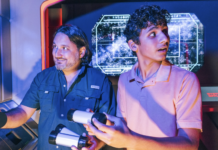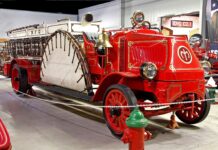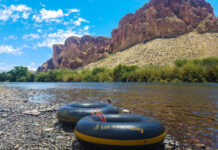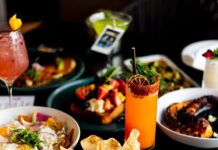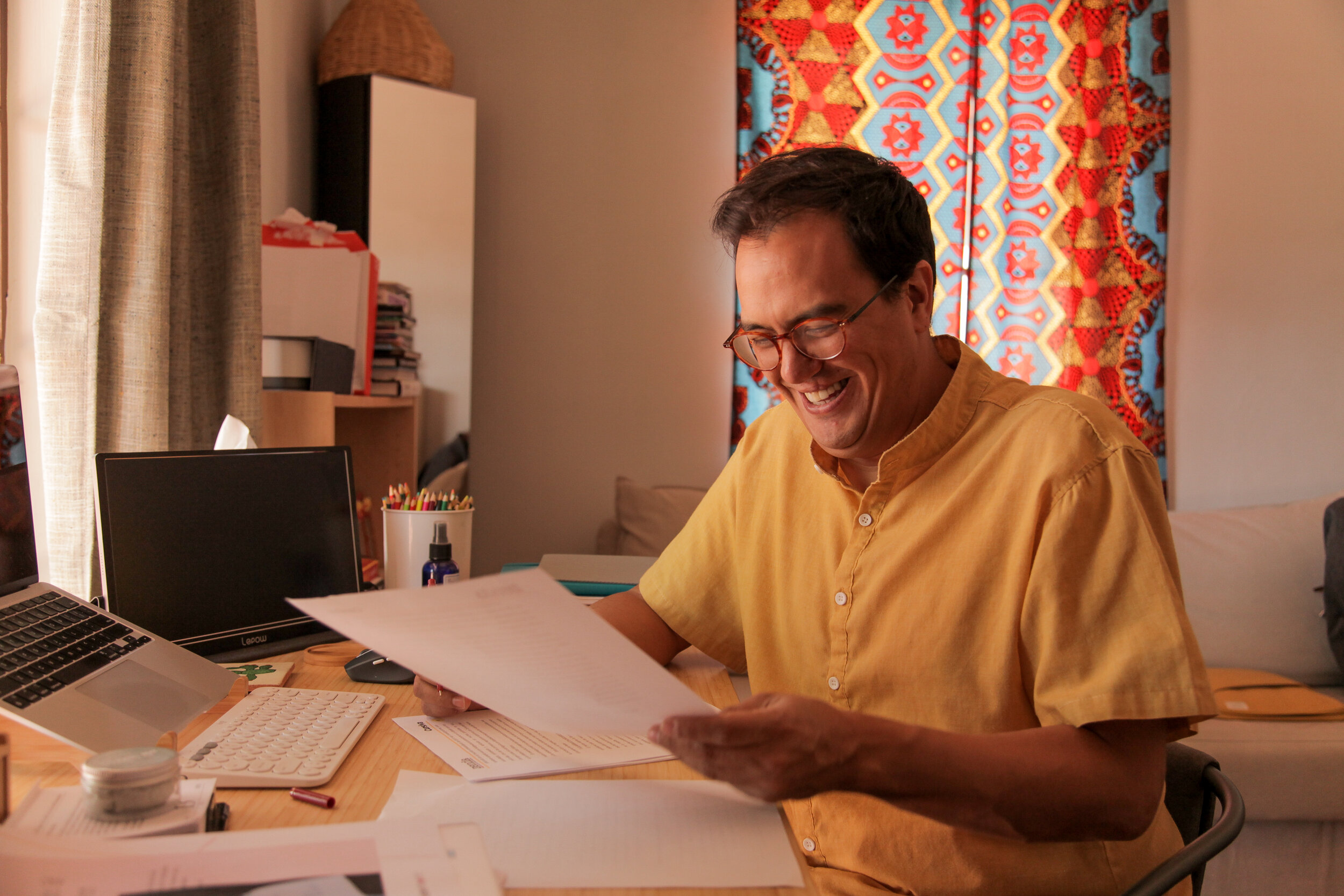Luis Avila is a long-time community organizer and activist located in Phoenix, Arizona. Since immigrating to the United States in 2000, Luis has advocated for the DREAM Act, fought against SB1070, and also against the discriminatory practices that were prevalent in Arizona during the early 2000s. Avila also has an extensive career as a journalist and has been a contributor to publications such as La Voz, the Arizona Republic, Phoenix New Times, and many others. In 2016, Luis published the book of chronicles, Nomada Temporal, which was featured #1 in the bestseller list of Amazon’s travel section. Luis currently serves as the Founder and President of Iconico.
VivaPhoenix had the pleasure of interviewing Luis and getting his thoughts on a variety of topics. The interview is listed below:
Describe Luis Avila
I’m a Mexican immigrant that has been residing in Phoenix for the last two decades. I’m a community organizer, writer, actor, and director, and I love hiking and running in the Valley.
In previous interviews, you talked about how you started your owown newspaper when you were young, what sparked that idea and why was it important to you?
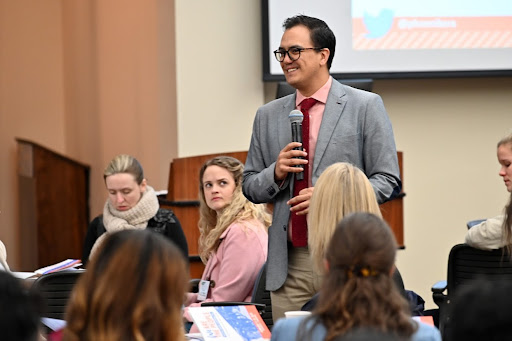
More than an idea, it was a necessity. The school that I attended wide talk allow me to run for student government, and I was very angry at the school administrators. I kept thinking that we as young people didn’t have platforms, and our voices weren’t treated with respect, so I convinced a print shop to donate me 100 posters with a call to young people to join the magazine as writers, editors, photographers, etc. More than 30 people showed up to the first meeting, and we started the project without knowing much about the industry or the process of publishing. We weren’t afraid of failure, so we kept making mistakes and learning from them, and we quadrupled the number of magazines printed by the first few months.
How did you get involved in community advocacy work in Arizona?
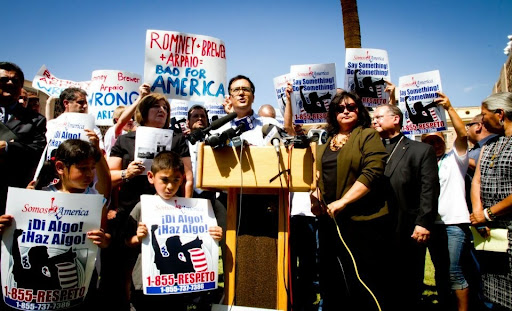
Similar to the magazine, out of necessity. After 9/11, the state of Arizona became a laboratory of anti-immigrant policies, and I had just been living for over a year in the country. I met a community organizer at ASU who invited me to translate for a meeting he was organizing, and my life’s changed forever since then. I learned about the power of people bringing together to make changes, and I have been involved in advancing or protecting our rights since then.
According to the Pew Research Center, Hispanics are the second-fastest-growing racial group in the US. What does this mean for the Hispanic community not only in Arizona but in the entire country?
I think too often when we talk about our growth, we talk about it in terms of marketability. How much purchasing power, or how we can be segmented to be sold products or commodities. In the next decade, Arizona will become a majority Latino state, and in the rest of the country, one in three children will be Latino soon, and what I want us to ask ourselves is how much power we have to live the lives we want for ourselves, our family and community. For example, in Arizona, we are almost 40% of the population, but only 16% of the electorate, which means that those that represent us know that they need us, but that we cannot yet yield our power to make them do everything we want. We are more than a market, and my wish is that in the future we can step into our power and lead to the future, for everyone.
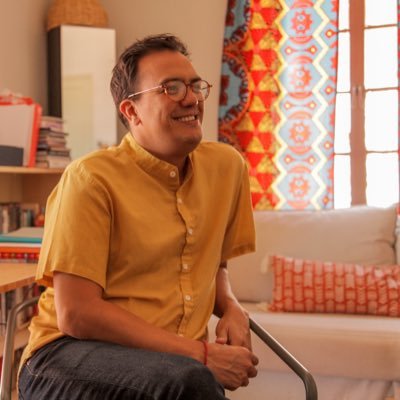
You published a book titled “Nomada Temporal”, what lessons could someone take away from reading your book?
It’s a book of travel chronicles, which means that I document what is happening around me while I’m traveling. It’s rooted in heartbreak and displacement, and I think we’ve all experienced both at some point in our lives. The book also contains stories from more than nine countries and 20 cities, so it’s a cool way to travel while staying home!
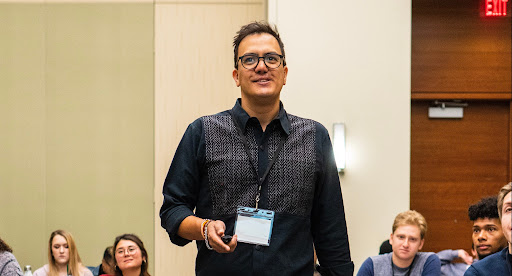
What is Luis Avila’s next big project?
I’m working on a second book and a transnational fellowship program. I’m excited to connect Latinos and others to the rich culture, traditions, and history of Mexico, and for this experience to serve as a trip where leaders connect with other people doing good in the world.




